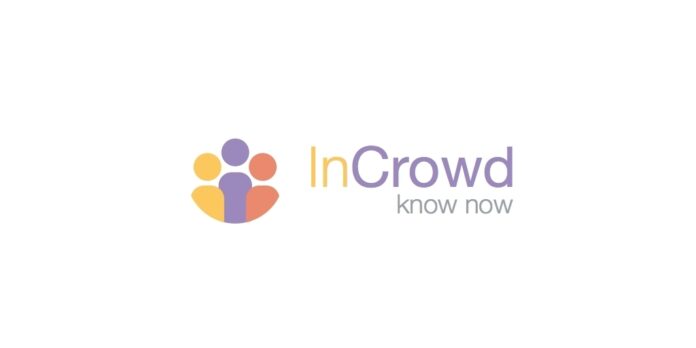WATERTOWN, Mass.– Despite the FDA’s recent hold on select chimeric antigen receptor (CAR) T-cell clinical trials for cancer treatments using allogeneic products, new data show US oncologists, hematologists, and hematology-oncologists remain highly enthusiastic about the potential for CAR T-cell therapies for their patients.
Data were sourced on October 20-21, 2021, by InCrowd, real-time market insights company and a brand of Apollo Intelligence (Apollo), global insights innovator for the life sciences industry, as part of InCrowd’s Instant Insights series on timely topics.
Allogenic CAR T-cell therapies—using cells from sources other than the patient — are promising because they potentially enable access to off-the-shelf treatments, versus autologous CAR T-cell therapies which use cells taken from the patient. On October 8, the FDA placed a select hold on allogenic CAR T-cell clinical trials conducted by one manufacturer following reports of a chromosomal abnormality in one patient of the manufacturer’s allogenic CAR T-cell trial.
Despite the FDA’s action, InCrowd found that 72% of cancer specialist respondents are excited about the future of CAR T-cell therapy in general.
- Sixty-two percent believe other allogenic CAR T-cell clinical trials will emerge and succeed.
- Forty-two percent said these allogenic CAR T-cell trials will reconvene as soon as soon as more data is released.
- Only 12% of US cancer specialists said the FDA’s hold causes them concern with all gene therapy technologies.
- Just 13% said allogenic CAR T-cell therapy is not a viable therapy to research further.
Two-thirds (67%) of respondents agree that the FDA’s hold on the select allogenic CAR T-cell therapy clinical trials had no impact on their perception of allogenic CAR T-cell therapy in general.
“The InCrowd Instant Insights data show that the FDA’s actions had very little impact on oncologists’ perceptions of allogeneic or autologous CAR T-cell therapy and gene therapy in general,” said Daniel S. Fitzgerald, CEO of Apollo Intelligence, parent company to InCrowd. “It’s encouraging to see that cancer specialists in the US remain optimistic about the promise of CAR T-cell therapies for helping their patients.”
The one-minute InCrowd survey included n=76 US oncologists, hematologists, and hematology-oncologists responding on October 20-21, 2021. Respondents reported that they were at least somewhat knowledgeable about new and emerging cancer treatments such as CAR T-cells, bispecific T cell engager (BiTE) antibodies, and antibody-drug conjugates (ADC.)



